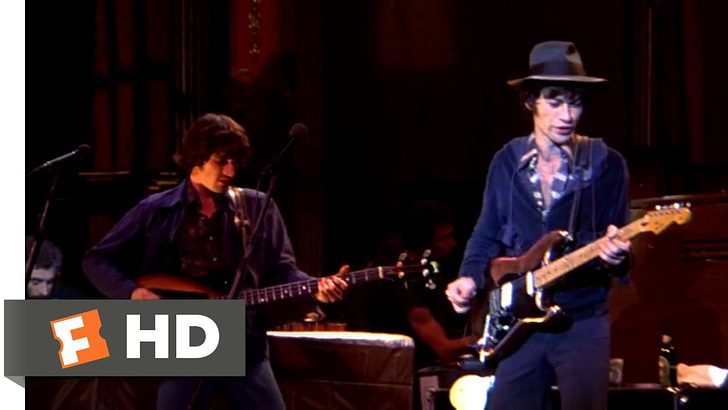This Thanksgiving weekend I noticed the diminished cultural memory of two pivotal events that have been long remembered: The assassination of John F. Kennedy (Nov. 22, 1963), and the Thanksgiving night concert known as “The Last Waltz,” Nov. 25, 1976 at Winterland in San Francisco. I attended that show and wrote about it for short-lived Gig magazine (the Substack story is linked here). I slept in three places in the Bay area: The Chinatown Holiday Inn when I arrived; the couch of the late Ed Ward in the then-year-round rock star city of Sausalito in Marin County; and the Miyako Hotel in San Francisco’s Japantown, where many of the performers stayed, and where one could order sake from room service for a deep Japanese bath. About a year and a half later, Martin Scorsese’s movie “The Last Waltz” was about to open, and Robbie Robertson (1943-2023) was in New York to talk about it. Besides a few prudent edits, the article appeared in Long Island’s Newsday on April 30, 1978.
THERE WAS noth…
Keep reading with a 7-day free trial
Subscribe to Critical Conditions by Wayne Robins to keep reading this post and get 7 days of free access to the full post archives.



